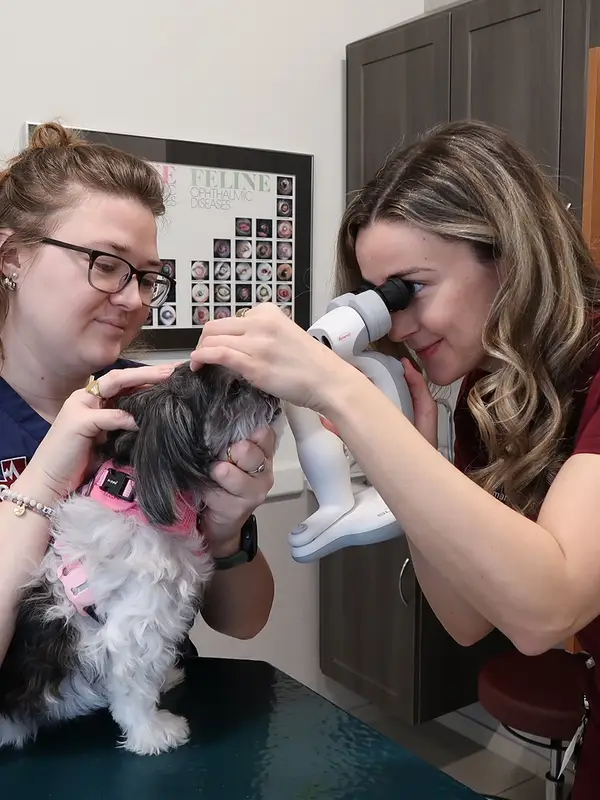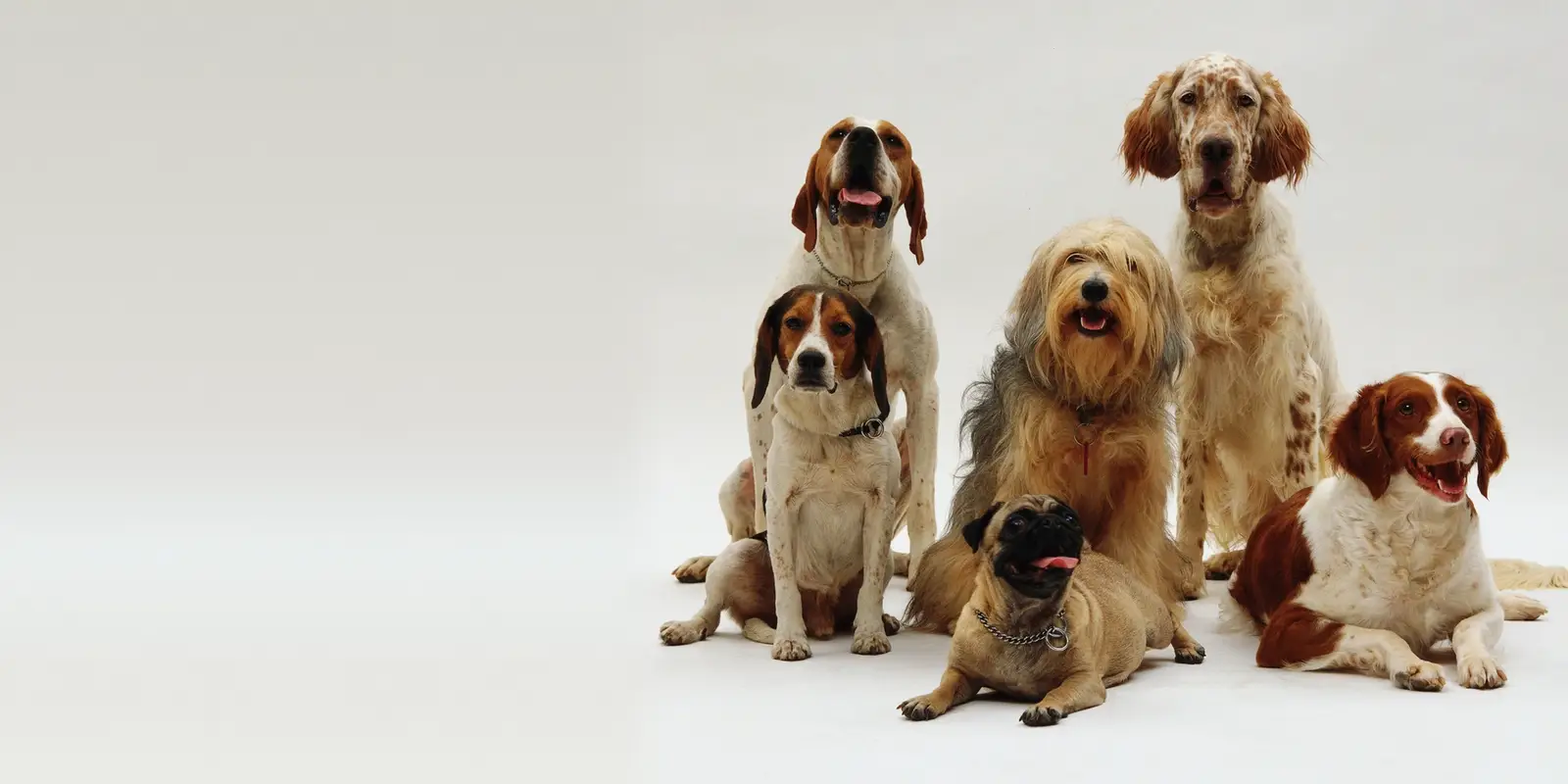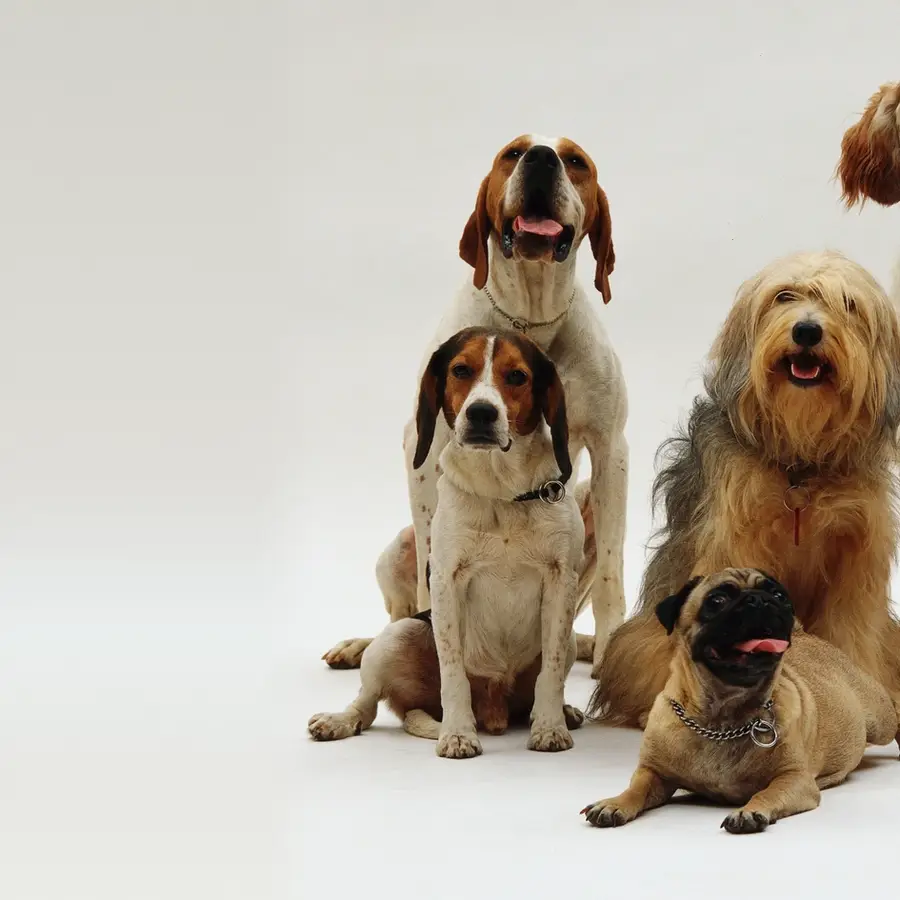
Ophthalmology
At Garden State Veterinary Specialists Eatontown
With best-in-class medicine, advanced technology, and an expert team, we’re fully prepared to provide the complete, compassionate care your pet needs.

With best-in-class medicine, advanced technology, and an expert team, we’re fully prepared to provide the complete, compassionate care your pet needs.

Our team has the rigorous training and experience to guide your pet’s care from evaluation to recovery.

Getting your pet on the path to wellness is our #1 goal.
With years of experience and a range of advanced procedures and treatment options, we'll focus on restoring your pet's quality of life and your peace of mind.
We want you and your pet to have the best experience possible. If you need us to reach out to your primary care veterinarian for your records, we’re happy to do so.
If your pet is experiencing any of these conditions, our board-certified specialists and team have the expertise to make a difference.


Comprehensive diagnostic testing allows us to gain a complete understanding of your pet’s condition.
Our approach to treatment prioritizes improving your pet’s quality of life through personalized, compassionate care.


Understand more about your pet’s condition and treatment options
Save time by filling out our client registration form before your visit. (Not required.)
